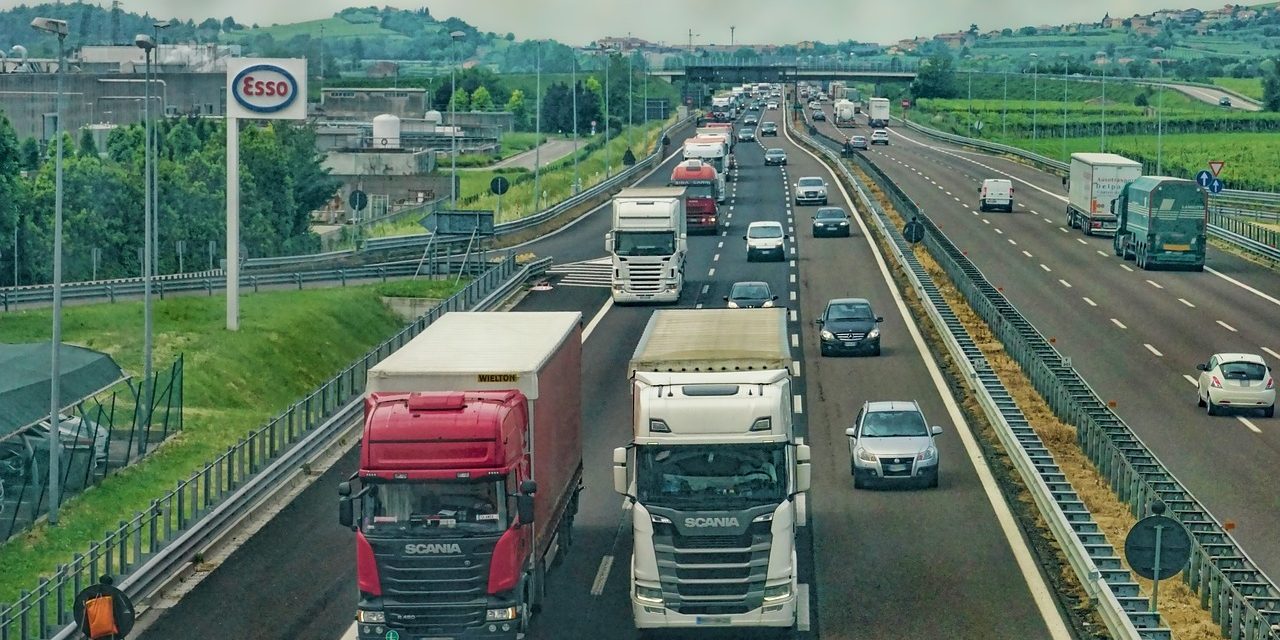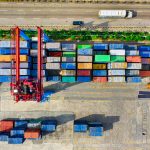Digitalization is reshaping various industries, and freight forwarding is no exception. As businesses increasingly rely on technology to streamline operations and enhance efficiency, the freight forwarding sector is experiencing a profound transformation. In 2024, staying ahead of digital trends is crucial for freight forwarders aiming to improve service delivery, reduce costs, and gain a competitive edge. Here’s a look at how digitalization is revolutionizing freight forwarding and the key trends to watch.
1. Real-Time Tracking and Visibility
One of the most significant impacts of digitalization on freight forwarding is the enhancement of real-time tracking and visibility. Advanced tracking technologies, such as GPS and IoT sensors, enable businesses to monitor shipments at every stage of the journey. This real-time visibility allows for better management of potential disruptions, timely updates to customers, and more informed decision-making. As technology evolves, expect even more sophisticated tracking solutions that provide granular details about cargo location, condition, and estimated arrival times.
2. Automation and Robotics
Automation is increasingly becoming a cornerstone of efficient freight forwarding operations. Robotic process automation (RPA) and artificial intelligence (AI) are streamlining repetitive tasks such as data entry, invoice processing, and document handling. By automating these processes, companies can reduce human error, speed up operations, and free up staff to focus on more strategic activities. Additionally, robotics in warehouses and ports are enhancing cargo handling efficiency, further accelerating the supply chain.
3. Blockchain for Enhanced Security and Transparency
Blockchain technology is making waves in the freight forwarding industry by providing a secure and transparent way to manage transactions and documentation. Through blockchain, every step of the freight process can be recorded in an immutable ledger, ensuring that all parties have access to the same information and reducing the risk of fraud. This technology also simplifies the management of complex supply chains by providing a single source of truth and enabling more efficient coordination between stakeholders.
4. Data Analytics for Strategic Insights
Data analytics is transforming how freight forwarders analyze and interpret information. By leveraging big data, companies can gain valuable insights into their operations, customer behavior, and market trends. Predictive analytics can forecast demand, optimize routes, and improve inventory management. With data-driven decision-making, businesses can enhance operational efficiency, reduce costs, and better meet customer expectations.
5. Digital Platforms and E-commerce Integration
The rise of digital platforms and e-commerce has significantly influenced freight forwarding. Online platforms are facilitating easier and more transparent interactions between shippers, carriers, and freight forwarders. E-commerce integration allows for seamless order management, automated booking processes, and real-time updates, providing a smoother experience for both businesses and consumers. As e-commerce continues to grow, digital platforms will play an increasingly important role in managing logistics and freight forwarding operations.
6. Artificial Intelligence and Machine Learning
Artificial intelligence (AI) and machine learning (ML) are becoming integral to freight forwarding. AI algorithms can optimize route planning, predict shipment delays, and enhance demand forecasting. Machine learning models analyze historical data to identify patterns and make more accurate predictions. These technologies help freight forwarders make smarter decisions, improve operational efficiency, and deliver better service to customers.
7. Cloud-Based Solutions
Cloud computing is revolutionizing the freight forwarding industry by providing scalable and flexible solutions for managing operations. Cloud-based platforms enable real-time collaboration, easy access to data, and seamless integration with other systems. This flexibility allows freight forwarders to adapt quickly to changing market conditions and scale their operations as needed. Cloud solutions also enhance data security and reduce the need for on-premises infrastructure.
8. Electronic Documentation and Digital Signatures
The shift towards electronic documentation and digital signatures is streamlining the freight forwarding process. Digital documents reduce the need for physical paperwork, accelerate approval processes, and minimize the risk of errors. Electronic signatures facilitate faster and more secure transactions, improving overall efficiency and compliance with international trade regulations.
9. IoT and Smart Containers
The Internet of Things (IoT) is driving innovation in freight forwarding with the advent of smart containers. IoT-enabled containers equipped with sensors can monitor factors such as temperature, humidity, and cargo condition in real-time. This technology ensures that sensitive goods are transported under optimal conditions and provides early warnings of any issues that could impact the shipment.
10. Sustainability and Green Technologies
Digitalization is also supporting the push towards sustainability in freight forwarding. Advanced technologies are enabling more efficient use of resources, reducing emissions, and promoting eco-friendly practices. From optimizing transport routes to utilizing green energy sources, digital solutions are helping the industry meet environmental goals and respond to the growing demand for sustainable logistics.
Conclusion
Digitalization is fundamentally transforming the freight forwarding industry, bringing about significant improvements in efficiency, transparency, and customer satisfaction. By embracing these trends and incorporating digital solutions into their operations, freight forwarders can stay competitive in an increasingly complex and fast-paced market. As technology continues to evolve, keeping abreast of these developments will be key to thriving in the future of freight forwarding.
For more insights into how digitalization can benefit your freight forwarding needs, contact Omega Shipping Agency at info@omegashippingagency.com or call us at +92-42-35772072-73, +92-321-4477442.





